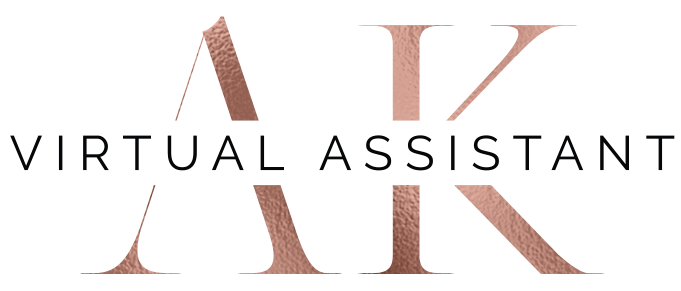The Power of a Kick-Ass Framework
Has your business motto ever been to just “wing it?!”
Many entrepreneurs go through this stage in their business when they are just starting out or are pivoting. They’re learning, going through trial and error, and figuring out what works and doesn’t work for them.
And for that, I commend them, because getting started and wading through those tough beginning stages is hard fucking work!
However, as an entrepreneur, you reach a point where winging it just doesn't cut it anymore.
In order to run a kick-ass, productive business and find success in every project, you need to be using a framework.
No matter if the project is building a social media calendar, an online program or course, or even a new sales page, you need a kick-ass framework to follow so you can maximize your time, energy, and the quality of your work.
What is a Framework?
I think sometimes, the word “framework” can sound intimidating to entrepreneurs, as if they need to reach a certain level of success or income to have a fancy “framework” that they call their own.
But that is so not the case.
A framework is simply a template or layout that you utilize and follow to make sure that you're not missing any details, deliverables, or process steps.
How to Use a Framework.
Your framework can be built in a basic spreadsheet or a project management system, (Asana is always our vote)!
A framework provides a roadmap to ensure that you can navigate the curves in the road without going off course. It includes every step, detail, and bit of information you’ll need, all lined out in order. A framework ensures you’ll never miss a step in the process or a piece of key information.
If you’ve ever completed a project and realized at the end that “Oh shit! I forgot to update that URL in the email!” or “Did I test that sales page on mobile?” then you likely did not have a framework to follow that outlined those very important, little details.
Before you build out the meat and bones of whatever the project is you are working on, you need a framework created and in place. This will save you time and ensure that no details are getting missed. This is especially important when working with a team and delegating tasks to teammates.
Before you assign a project, make sure there is a framework in place with all of the steps, information, and details they’ll need to be successful.
Are you looking for guidance on how to build your own kick-ass frameworks for your business? We cover all things processes, systems, and frameworks in The Foundation.

